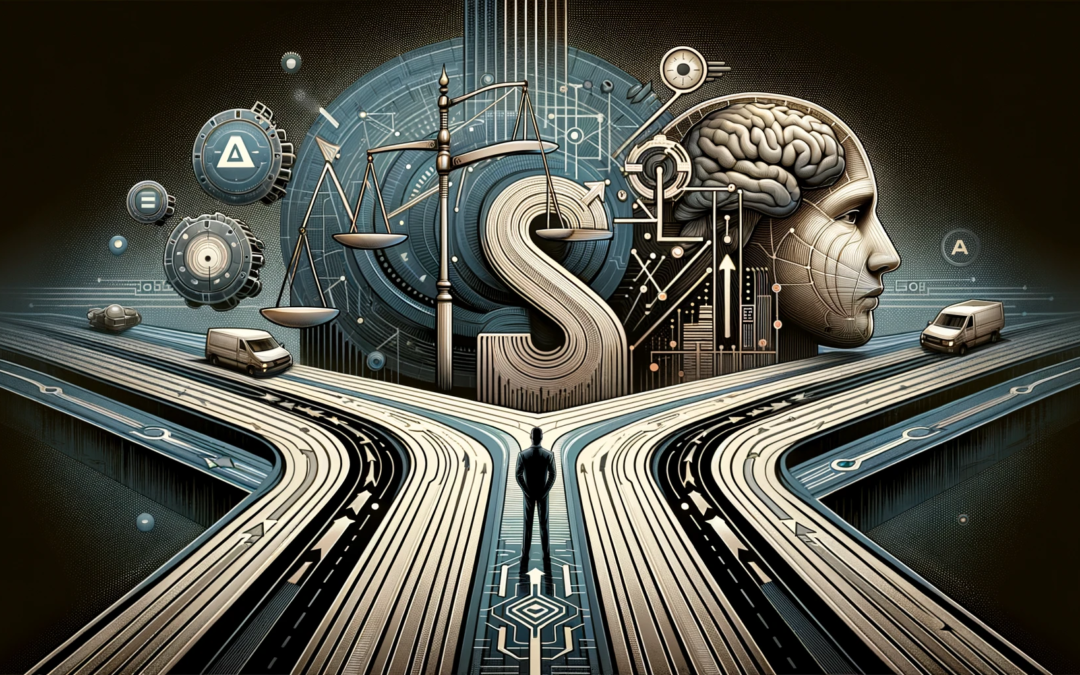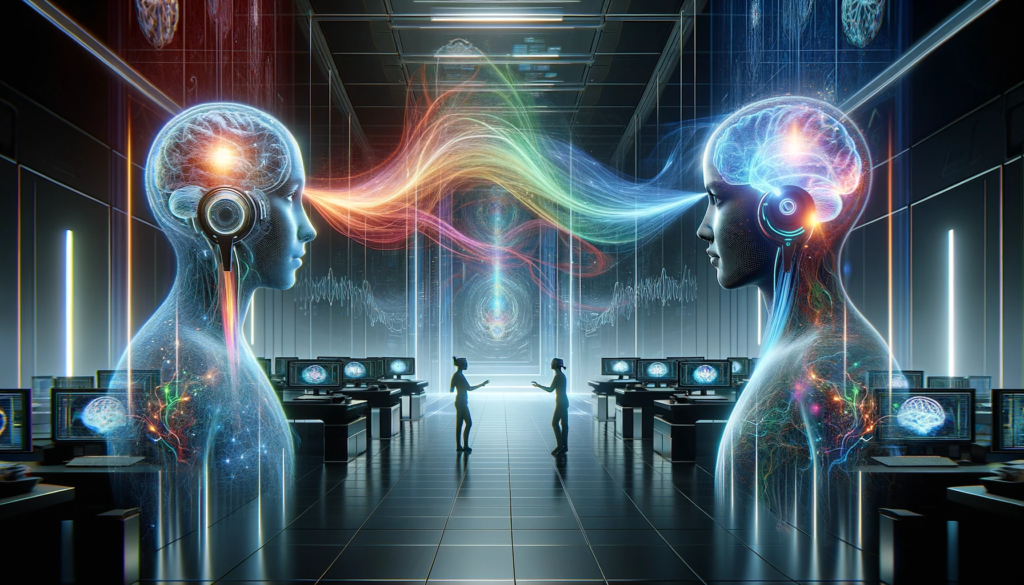When it comes to making ethical decisions, the stakes are high in various sectors, including business, healthcare, law, and public policy. In this blog post, we will explore the fascinating world of AI and its impact on ethical decision-making. Can AI truly assist in navigating complex ethical dilemmas? Let’s find out.
AI in Business Ethics
In the realm of business, AI is proving to be a valuable tool in tackling ethical challenges. From corporate governance to consumer relations, AI-driven tools are helping businesses make informed decisions. For example, AI algorithms can analyze vast amounts of data to identify potential ethical risks and provide recommendations for mitigating them. This not only enhances fairness but also improves transparency in decision-making processes.
AI in Healthcare Decision-Making
When it comes to healthcare, AI has the potential to revolutionize ethical decision-making. AI algorithms can assist in creating personalized treatment plans for patients, taking into account various factors such as medical history, genetic data, and current symptoms. Additionally, AI can help allocate scarce resources efficiently, ensuring that decisions are made based on objective criteria rather than subjective judgments. This ultimately leads to improved patient outcomes and fairer distribution of resources.
AI in Legal and Judicial Systems
The legal and judicial systems are not immune to the influence of AI. AI tools are being used to assist in legal decision-making, reducing biases and ensuring fairness. For instance, AI algorithms can analyze past cases and legal precedents to provide insights and recommendations to judges and lawyers. This helps in making more objective and consistent judgments. While AI cannot replace human judgment entirely, it can act as a valuable aid in the pursuit of justice.
AI in Public Policy and Governance
AI is also playing a significant role in shaping ethical decision-making in public policy and governance. Policymakers can leverage AI to analyze vast amounts of data and predict the potential impact of different policy choices. This allows for evidence-based decision-making, promoting fairness and societal well-being. Initiatives such as AI-powered simulations and predictive modeling are already being explored to aid in ethical policy development.
Challenges and Ethical Considerations
While the potential of AI in ethical decision-making is immense, it is not without its challenges. One of the main concerns is the risk of bias in AI algorithms. If not carefully designed and trained, AI can perpetuate existing biases present in the data it learns from. Transparency is another key issue. AI-driven decisions can sometimes appear as a “black box,” making it difficult for humans to understand the reasoning behind them. Additionally, the accountability of AI-driven decisions raises important ethical questions.
The Future of AI in Ethical Decision-Making
Looking ahead, the future of AI in ethical decision-making is both exciting and uncertain. As AI continues to advance, it is crucial to address the challenges and ethical considerations associated with its use. Striking the right balance between AI and human judgment is essential. Ultimately, AI should be seen as a tool that enhances our decision-making processes, but it should not replace the ethical principles and values that guide us.
Engaging with the Audience
We would love to hear your thoughts and experiences with AI in ethical decision-making. Have you encountered situations where AI has assisted in making ethical choices? What are your concerns about relying on AI for critical judgments? Join the conversation and share your insights.
Conclusion
AI has the potential to significantly impact ethical decision-making in various fields. From business ethics to healthcare, legal systems, and public policy, AI can enhance fairness, objectivity, and transparency. However, it is crucial to address the challenges and ethical considerations associated with AI-driven decisions. By embracing a balanced approach that combines the power of AI with human judgment, we can navigate the complex ethical landscape of the future.
Visual Elements:
AI-assisted business analysis
Healthcare planning tools
Legal advisory systems
AI-powered policy development










